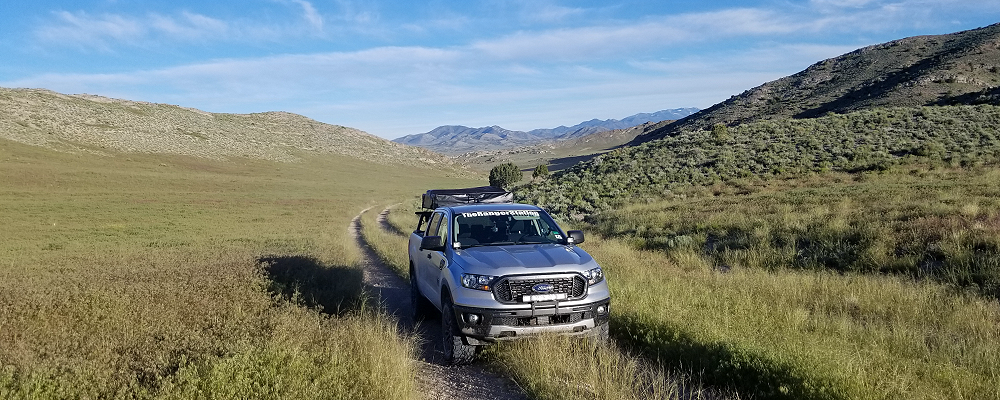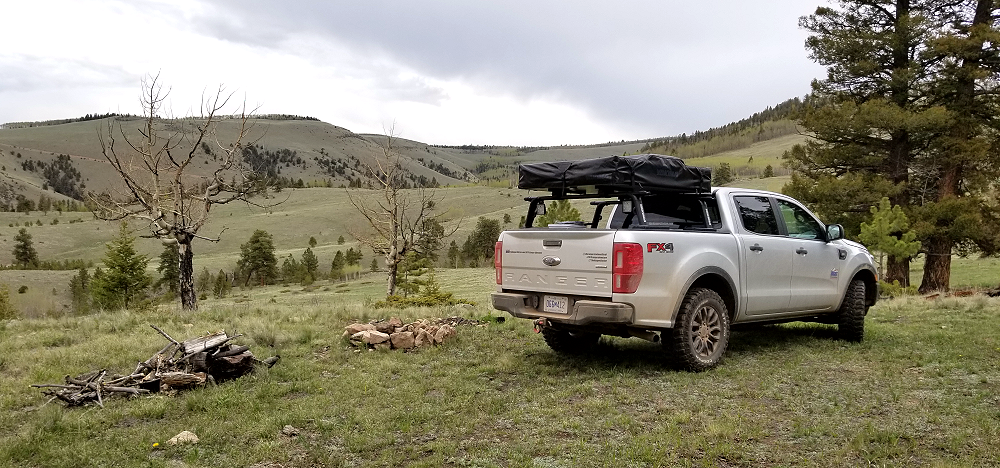
What is Overlanding (Definitions):
Overlanding has grown over the years, and its definition varies slightly depending on where you look. Here are a few definitions for overlanding found online:
Expeditionportal.com – Vehicle-supported, self-reliant adventure travel, typically exploring remote locations and interacting with other cultures.
Overlandjournal.com – Overlanding describes self-reliant adventure travel to remote destinations where the journey is the primary goal. Typically, but not exclusively, accommodated by mechanized off-highway capable transport (from bicycles to trucks) where the principal form of lodging is camping; often lasting for extended lengths of time (months to years) and often spanning international boundaries. While expedition is defined as a journey with a purpose, overlanding sees the journey as the purpose.
Overlanding is about exploration, rather than conquering obstacles. While the roads and trails we travel might be rough or technically challenging, they are the means to an end, not the goal itself. The goal is to see and learn about our world, whether on a weekend trip 100 miles from home or a 10,000-mile expedition across another continent. The vehicle and equipment can be simple or extravagant – they, too, are simply means to an end. History, wildlife, culture, scenery, self-sufficiency – these are the rewards of overlanding.
Wikipedia.com – Overlanding is the self-reliant overland travel to remote destinations where the journey is the principal goal. Typically, but not exclusively, accommodated by mechanized off-road capable transport (from bicycles to trucks) where the principal form of lodging is camping; often lasting for extended lengths of time (months to years) and spanning international boundaries. Historically, “‘overlanding'” is an Australian term to denote the driving of livestock over very long distances to open up new country or to take livestock to market far from grazing grounds.
My Personal Definition and Opinion:
I look at this very simply. If you go to a specific area and spend the day or weekend off-roading that area, you’re an off-roader. If you like going on an off-road adventure, exploring new areas, being self-sufficient, and camping in a new location each night along your journey, then you’re an overlander.

Overlanding VS Off-Roading:
Off-roading is not the same as overlanding. Even if you camp while you’re off-roading. The biggest difference is that when off-roading, you’re typically confined to a designated off-road park for the day or weekend, and the goal is to tackle challenging obstacles in that area. It’s not an ongoing journey where you’re required to be self-sufficient for days or weeks, and traveling off-road to get to a new destination.
Overlanding VS Road Trips:
While ‘overlanding’ seems to be a foreign term that’s fairly new to the U.S., ‘road trip’ is a phrase that’s very much American. Is there any difference? Well, overlanding usually takes place off of pavement, and involves travel and being self-sustained while camping outdoors. These trips are generally thought out well in advance to ensure you have all of the proper equipment and supplies.
Road trips can also involve camping as well but mostly revolve around hitting the highway to distant locations and either camping, staying in a hotel, or with a friend or family member. Road trips are more of a spontaneous event where you grab a few things, jump in the vehicle, and go.
About The Author
Jim Oaks is the founder of TheRangerStation.com, the longest-running Ford Ranger resource online since 1999. With over 25 years of hands-on experience building and modifying Ford Rangers — including magazine-featured builds like Project Transformer — Jim has become one of the most trusted authorities in the Ford Ranger off-road and enthusiast space.
Since launching TheRangerStation.com, Jim has documented thousands of real-world Ranger builds, technical repairs, drivetrain swaps, suspension modifications, and off-road adventures contributed by owners worldwide. TheRangerStation.com has been referenced in print, video and online by enthusiasts, mechanics, and off-road builders looking for practical, and experience-based information.
